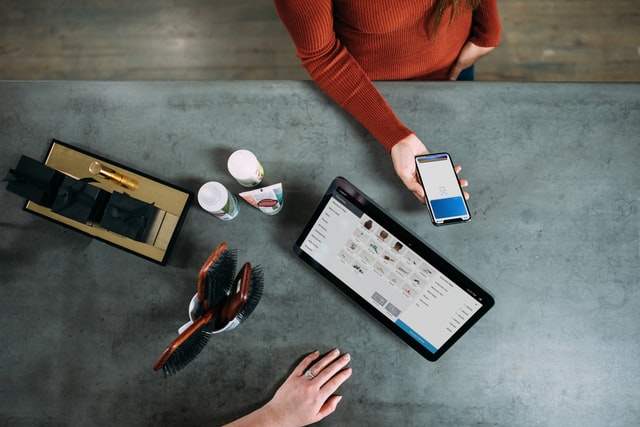The EU is not finished with Apple and vice versa. Besides disputes over tax liability and charging plugs, the EU is considering new legislation that would force Apple to open up access to the NFC chips in its devices to other payment service providers. According to the EU, this gives Apple an unfair competitive advantage. On the other hand, Apple says it fears security risks if third parties gain access.

Apple Pay has made itself popular as a payment method in the Netherlands in just under a year, in part because corona boosted the number of cashless payments. So popular, in fact, that it recently scored high in a survey of the most customer-friendly brands in the Netherlands. Presumably not because the customer service is so great, because just try reaching Apple. The high ranking seems mainly due to the fact that Apple Pay works flawlessly.
Much has been said and written about the supposedly closed nature of Apple, more specifically its underlying systems. Nevertheless, Apple has a particularly loyal fan base, many of whom do not want to hear of criticism. Or perhaps because of it, because both supporters and detractors will have to acknowledge that Apple does an outstanding job with its products and services. This is presumably in part because only one party keeps a firm grip on the reins. Either way, the NFC chip in Apple devices has become a symbol of that closedness, much to the chagrin of national governments and supranational institutions as well as banks.
No party other than Apple is allowed to use the NFC chip. Anyone who wants to pay with their iPhone has no choice but to use Apple Pay. This is very different with Android devices, where any party can make its own service work with the payment chip in the device.
The European Union - more often at odds with supposed monopolists, often of American origin - is therefore exploring the option of new legislation. "In parallel with the promotion of competition now and in the future, the [European] Commission is exploring the desirability of new legislation aimed at ensuring access - on fair, reasonable and non-discriminatory terms - to technical infrastructures deemed necessary to support payment services."
There is probably no bank that does not want the payment chip in Apple devices to be freely accessible. While they are making good money with Apple Pay and even advertised it at its introduction, it also takes them time and effort to meet all of Apple's requirements. Rather, they would prefer that customers use their own wallet. Because then they can determine the "look and feel" themselves, but also because then they would stay closer to the brand.
On the other hand, Apple is keen to keep things as they are. The exact figures are not known, but Apple reportedly charges participating banks about 0.15% commission per transaction. That may not make Apple Pay the goose that lays the golden eggs, but the amount of money that comes from it is substantial. Whether larger banks manage to negotiate a more advantageous rate is something both Apple and the banks are keeping quiet about. However, it could be one of the reasons that it is almost exclusively the big banks that offer Apple Pay, to the dismay of customers of smaller banks.

